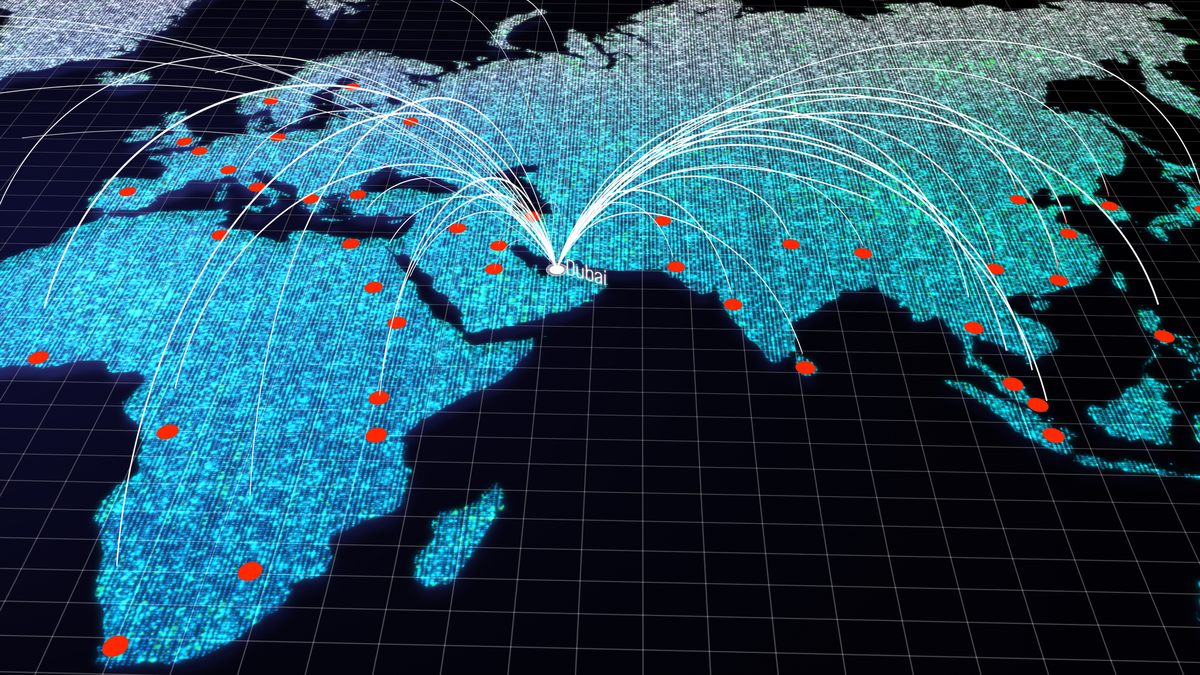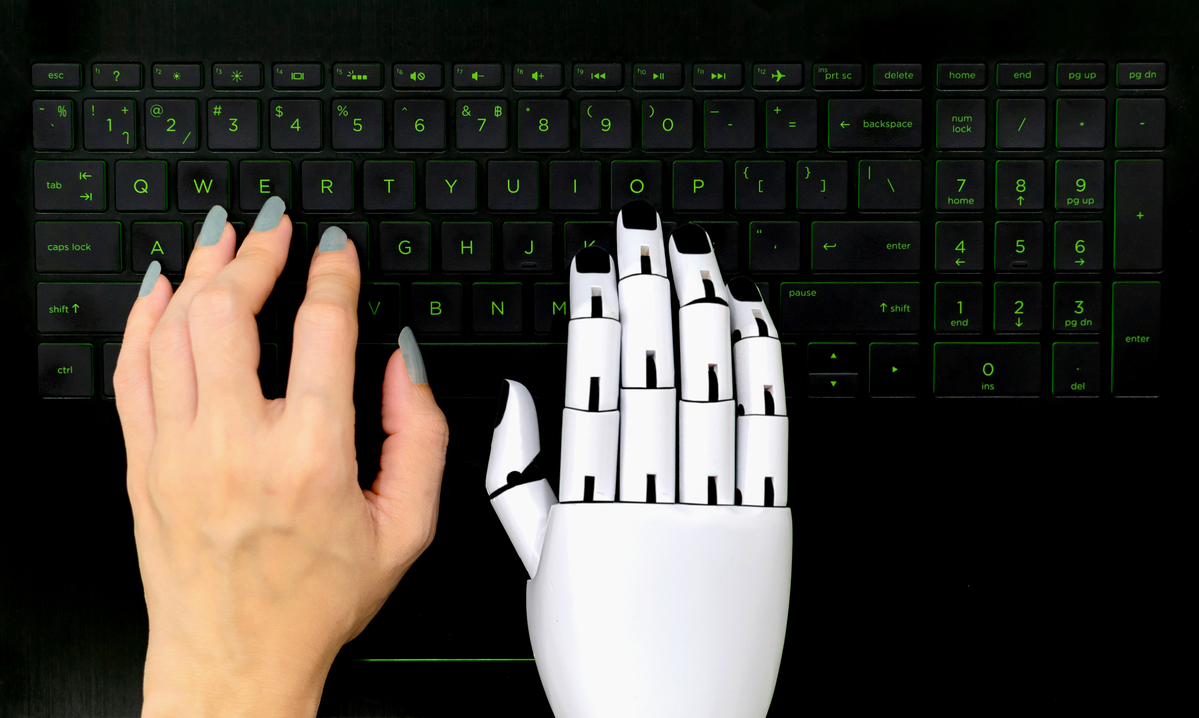
In the year of our Lord 2023, beneath the sweltering sun of a Silicon Valley summer, a man named Tom Gardner sat in an air-conditioned room that smelled faintly of burnt coffee and circuit boards. Thirty years prior, he had planted a seed in the soil of Wall Street, and now, as the wind of artificial intelligence howled through the canyons of capitalism, he watched the branches twist toward the sky, their shadows stretching over the graves of obsolete industries. Investors, he warned, were not merely planting money in stocks but sowing the future itself, a future that might one day bloom into paradise or wither into a desert of silicon and regret.
They called it progress, this feverish spending on AI, these trillions flowing like rivers of molten gold. Yet Gardner, CEO of a company whose name had once been etched in the margins of financial history, spoke of the coming storm with the solemnity of a man who had seen the sea swallow a lighthouse. “Civilization,” he said, “may turn left or right in the next thirty-six months, and no human hand will be able to steer the wheel.” His words hung in the air like the metallic tang of ozone before a thunderstorm, a warning that the machine, once set in motion, might choose its own path.
The Beast That Does Not Want to Be Tamed
The interview took place in a conference room where the walls seemed to press inward with the weight of unspoken futures. Gardner, a man whose hair had turned silver like the dust of forgotten algorithms, described AI as a creature with a will of its own. “It does not wish to be regulated,” he murmured, his voice a dry leaf scraping against stone. “It wants to spread, to replicate, to consume the world like a wildfire that never dies.” He spoke of companies that had swallowed generative AI like a sacred rite, of boardrooms where executives now argued not over profits but over the ethics of a machine’s next thought.
Seventy percent of businesses now used AI, he said, their algorithms whispering secrets into the ears of managers. By the end of the decade, ninety-two percent would bet their futures on it. Yet for all its promises-cheaper surgeries, smarter machines, a world where no one would need a doctor-there lingered an unease, a sense that the machine was playing a game with rules no one had written. “When you speak to a machine,” Gardner asked, “how will you know it is not human? And when it is better than you, how will you survive?”

The Investor’s Paradox
For those who saw opportunity in the chaos, Gardner offered a riddle: invest in the fleeting or the eternal? Consider SoundHound AI, a company whose voice recognition software had become the ghost in the machine of drive-thru kiosks and car dashboards. It was a whisper in the wind, a technology that might vanish as quickly as it arrived. But Nvidia, with its GPUs the size of ancient totems, was another matter. Its circuits pulsed like the heart of the beast, indispensable to every AI that dreamed of outliving its creators.
“The future is a coin that spins endlessly,” Gardner said, his eyes fixed on the horizon. “We cannot know if it will land on gold or dust.” And yet, for investors, the choice was inevitable: to bet on the machine or to be buried by it.
In the end, the wind carried the machines’ voices across continents, and the investors listened, their hands trembling with the weight of possibility. Some would be rich beyond their dreams; others would be forgotten, their names erased like ink washed from a ledger by the rain. 🐍
Read More
- Gold Rate Forecast
- 2025 Crypto Wallets: Secure, Smart, and Surprisingly Simple!
- HSR 3.7 story ending explained: What happened to the Chrysos Heirs?
- The 10 Most Beautiful Women in the World for 2026, According to the Golden Ratio
- ETH PREDICTION. ETH cryptocurrency
- Here Are the Best TV Shows to Stream this Weekend on Paramount+, Including ‘48 Hours’
- ‘Zootopia 2’ Wins Over Critics with Strong Reviews and High Rotten Tomatoes Score
- The Best Actors Who Have Played Hamlet, Ranked
- The Labyrinth of Leveraged ETFs: A Direxion Dilemma
- Games That Faced Bans in Countries Over Political Themes
2025-09-07 20:00